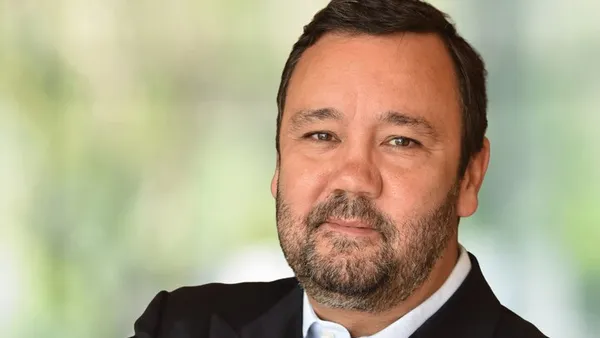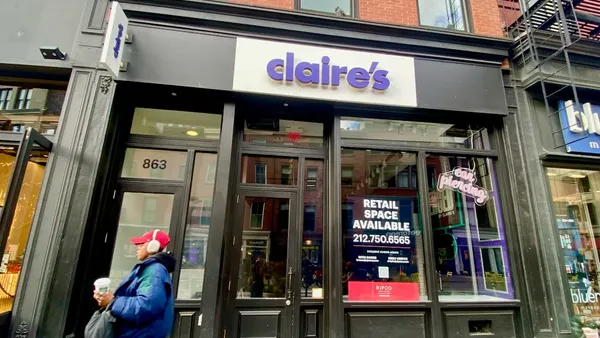One of the ultimate roles of the CFO during the coronavirus pandemic is to be the business' conscience, no matter how difficult that may be, ensuring the right actions are taken early enough for business survival and core value adherence.
Marc Linden, executive vice president and general manager of medium segment native cloud solutions at Sage, believes CFOs can be the most powerful force for empathy in the c-suite. As the person who ultimately decides how to allocate company cash and resources, the CFO, more than any other leader, has the capacity to redirect funds to where they're vitally needed. Right now, Linden believes, is a time to do just that.
"CFOs are always the company's conscience; that's true in any crisis," Linden told CFO Dive in an interview Friday. "But it's especially true now."
First and foremost, Linden said, the pandemic has created an economic shock to many businesses. And one of the roles of the CFO is to be the one to shepherd the organization through.
"I think that’s typically the job that comes to mind first," he said. "People ask me what CFOs should do, and the number one thing is: make sure the business survives."
Linden urges CFOs to know, via scenario analysis, where the company actually is, to know where the business could be headed. "CFOs are in the unique position to do that," he said. "And that’s the most important aspect of being the conscience."
CFOs also can't be just reactive, he said. "You have to lead the conversation going forward. Ask, 'what if it gets worse?' CEOs have huge demands, and are always dealing with countless other issues, so the CFO needs to make sure they keep asking those questions."
Another facet of being the company conscience: helping the organization digest rapidly-changing assumptions about the business, and understanding what that will mean.
"Even things like working from home," Linden said. "Many companies resisted spending any money on ergonomic improvements for home workers, or home office equipment. It's a simple example, but it's where the CFO has a unique ability to break through the barriers. CFOs can switch from being the gatekeeper to being the accelerator in helping the organization break down traditional controls."
Linden says the CFO and CEO are the only two roles to typically see the company with a 360-degree view. "The kind of crisis we're going through now affects every individual in ways we couldn't really predict," he said. "The organization needs to show empathy, and CFOs aren't necessarily considered leaders on that front. I think that's where personal conscience comes in."
The CFO role, Linden says, requires toughness, and many CFOs are selected for the job based on that ability. But now is a time to focus on empathy and unbridled support for the employee and the customer.
"We have many customers experiencing really tough financial situations right now, and there are simple things CFOs can do to help," Linden. "Doing little things to help during a tough time can make a lasting difference in a relationship. CFOs are the only ones who can advocate for spending on these kinds of things."
In his time as CFO of Sage Intacct, and over his 30-year finance career, Linden himself, and many of his colleagues, have always been about changing the traditional CFO role into being more forward-looking and activist.
"If you allow for a broader definition of what CFO success is, it's about helping the business invest successfully for maximum returns," he said. "One way to do that is by building lasting relationships with employees and customers. Wouldn't you think of that as an investment?"
Linden sits on an executive corporate committee where he advocates for returning the company's core value: customer- and colleague-centric empathy. "That very quickly became an easy barometer of what we should do, because it put colleague safety first and foremost." he said.
A piece of advice Linden has been giving to CFOs he speaks with: it is really easy to get stuck in crisis mode, thinking about what to do in the short-term.
"The most leveraged thing we as CFOs can do, aside from keeping the business afloat, is to think of the longer-term horizon," he said.
"Stretch the thinking about what will put the organization in the best position when we come out of this. Don’t get caught up in negative thinking. What will put us in a better competitive position? What do our customers most want from us? This easily tells you where to put your resources," Linden said.
Sage Intacct, an advertiser on CFO Dive, has no influence over CFO Dive's editorial coverage.












